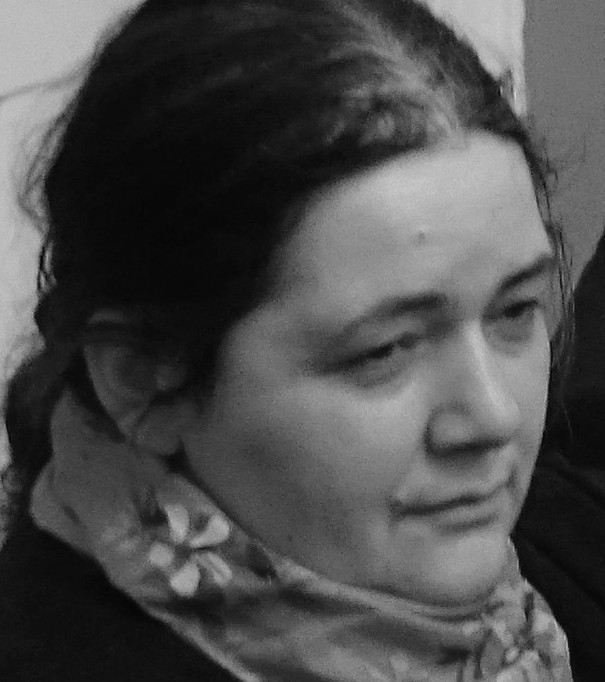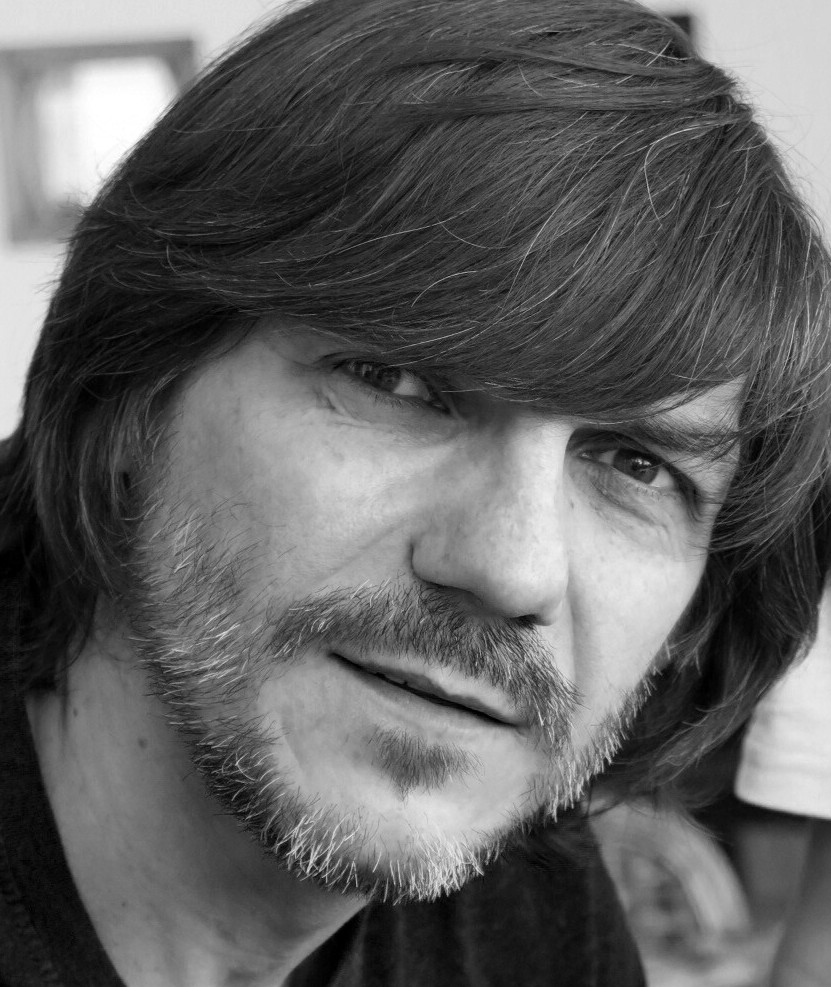Monk Genshin (942–1017) went down in the history of Japanese Buddhism not only as a teacher of the Tendai school, who for the first time substantiated the teaching of Buddha Amida and the Pure Land, as a compiler of interpretations of sutras, treatises, sermons and many other works, but also as a hero of setsuwa didactic tales. Stories about him appear in the collection of legends about the miracles of the Lotus Sutra in the middle of the 11th century, then in the book of stories about the rebirth in the Pure Land and in the Konjaku monogatari shū of the early 12th century. Then, in almost all major collections of setsuwa, tales about Genshin are found, with the early detailed narratives being replaced by brief descriptions of individual episodes from his life. The stories talk about how Genshin from a temple monk became a hermit, about his relationship with his mother, about the works of the Buddhist scribe and his meetings with other monks and lay people, about miracles at the hour of his death. The peculiarity of these tales is that Genshin does not always appear in them as the main character: he often plays the more modest role of waki wanderer, a guest of other monks, priests and laity: in response to his questions, they reveal their understanding of the Buddhist path.
Keywords: Japanese Buddhism, Amidaism, Genshin, Japanese literature, setsuwa tales
DOI: 10.22250/2072-8662.2021.1.64-81
About the authors
 |
Nadezhda N. Trubnikova – DSc (Philosophy), Deputy Chief Editor of Voprosy Filosofii” (Problems of Philosophy) Journal; |
 |
Igor V. Gorenko – Candidate of Philosophical Sciences, Researcher at the Laboratory of Oriental Studies, School of Advanced Studies in the Humanities, |






